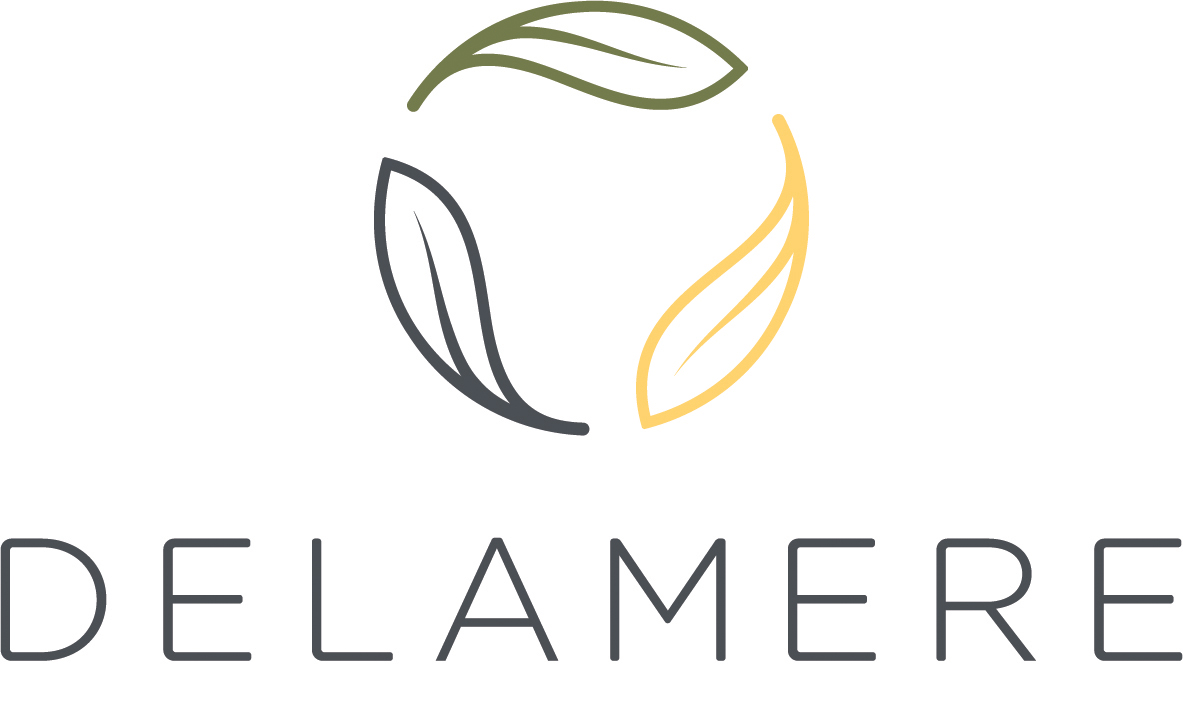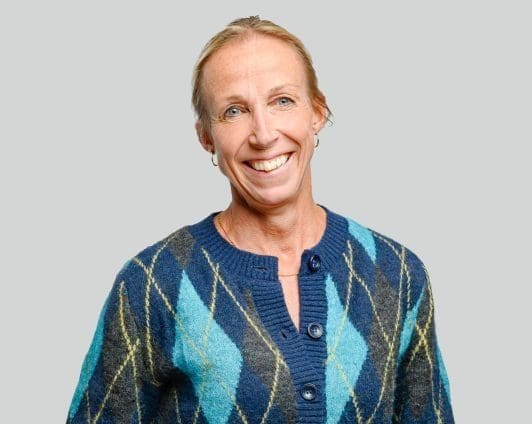What’s included?
The UK is experiencing an addiction crisis right now and, particularly with it being Pride Month, it’s important to share how the LGBTQIA+ community is disproportionately impacted by this.
Recent research by Action on Addiction shows that three in ten in the LGBTQIA+ community currently struggle with addiction. The rates are three times higher for gay men than bisexual men, and four times higher for lesbian women, than bisexual women. And the situation is even worse for trans people.
The latest figures show that alcohol and drug abuse are the most common types of addiction, particularly with ‘club drugs’ like ecstasy, ketamine, and poppers, and with crystal meth, where there is a huge discrepancy between gay and bi men, and heterosexual men, for example. Drugs associated with Chemsex are also disproportionately impacting the LGBTQIA+ community.

Addiction can be a result of mental health issues, and the LGBTQIA+ community faces a unique set of societal pressures and challenges. Over half (52%) of LGBTQIA+ people have experienced depression, which is more than three times the national average (16%), according to the Stonewall Health report.
This is a consequence of isolation and stigma within the healthcare system, as those struggling with their mental health turn to substance and alcohol abuse to cope and, in some cases, can result in people taking their life.
Despite this, it is often a forgotten community when discussing addiction and recovery, due to the lack of specialised and tailored treatment options.
Spreading awareness of this part of the UK’s addiction crisis is crucial to ensure that more LGBTQIA+ feel comfortable enough to seek treatment and support for their addiction without fear of discrimination, and to educate those in other communities, who can make a real difference in the social environment of LGBTQIA+ people.
For those who do make that important first step in their road to recovery, it is essential that people can access specialised and tailored care which addresses each unique case differently.

Call us confidentially at any time to speak to a member of our team.
Call us now: 0330 111 2015
Ensuring inclusive recovery
Considering this disproportionate number of people in the LGBTQIA+ community struggling with addiction, how is the UK adapting rehabilitation methods to provide adequate support?
Having dignity in recovery reduces the chance of relapse, which is why providing the space for guests to reduce the shame they may feel is so crucial.
At Delamere, we ensure that our guests and colleagues are equals, building relationships on the foundation of respect.
Fostering an encouragement of individuality through this can unveil underlying causes of addiction, such as trauma and other mental health issues.
This necessity for recovery that doesn’t stick a plaster over the symptoms, but addresses the core issues sets people up for long-term recovery and to thrive in recovery.
Addiction treatment is not one-size-fits-all, and that’s why at Delamere, we created the Stop, Start, Grow, Bloom programme. Our treatment model is therapeutic and person-centred, allowing for adaptations to be made depending on the needs of the individual and to fit the changing needs of the country.

This approach is built for 21st century addiction recovery.
In addition to supporting those who are in recovery for substance abuse, such as alcohol or drugs, our holistic approach helps people overcome a wider range of behavioural addictions and conditions, which is on a sharp rise in the UK and much harder to spot in a loved one.
It also means that the Delamere Treatment Model is well-equipped to address issues such as homophobia, transphobia, isolation from family, and violence.
This is an essential aspect of addiction recovery for the LGBTQIA+ community, where one in eight say they have received unequal care, and more than one in three (32%) of transgender people say the same, according to the Stonewall Health report.
The Delamere Treatment Model
We welcome everyone to Delamere that feels like our treatment model would work for them, and pride ourselves on the open and inspiring ethos that encourages everyone to be vulnerable in recovery.

A community that has faced a lack of care and support for so long does not have to settle for addiction treatment that will not consider the individual triggers that have led to this point, or provide specialised support.
Raising awareness of other, more modern treatment programmes than the 12 Steps will ensure many more people can grow beyond addiction.

Call us confidentially at any time to speak to a member of our team.
Call us now: 0330 111 2015








